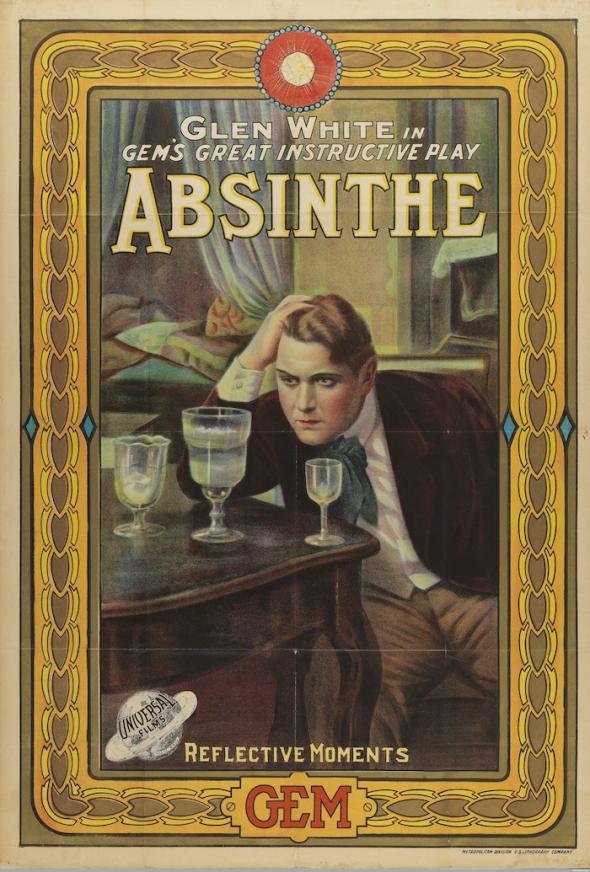Jamelle Bouie is here to reassure us: There will be no President Trump. “Donald Trump begins the general election with a huge deficit in head-to-head polls, deep unpopularity, and major demographic headwinds,” Bouie writes. “Unless he wins unprecedented shares of black and Latino voters, or, barring any improvement with nonwhite voters, unless he wins unprecedented shares of white voters, he loses.”
Reacting to Trump’s now-presumptive status as nominee, Reihan Salam explains why he’s still not leaving the GOP. “The Republican Party may well be a party of charlatans and cranks,” Salam admits. “But it is also the party of millions of middle-class Americans who believe that the role of government is to empower people, not to render them powerless and dependent. I stand with those in my party who share my ideals and to work with them to defeat those who do not.”
Dahila Lithwick, who’s followed Ted Cruz’s career for more than 20 years, remembers what it was like to debate Cruz in college: “Too loud, too umbragey, and too rehearsed.” But, unlike some of Cruz’s college acquaintances, Lithwick isn’t here to slam the now-former candidate. “While I wasn’t his biggest fan on the parliamentary debate circuit, and while I have come to loathe his political ideas and his grotesque distortion of anything resembling the founding religious values, I also saw him at his unsung best,” she writes, remembering watching Cruz representing Texas as the state’s solicitor general in Supreme Court arguments in the 2000s. “It was the only time in his adult life that I saw Cruz and his setting matched perfectly.”
The media coverage of Prince’s death shows that we are really bad at distinguishing between physical dependency and addiction, writes Jerrold C. Winter. Many patients like Prince who live with chronic pain “can be treated with an opiate to the point of physical dependence for an extended period of time without adverse medical consequences, resulting in a much higher quality of life,” Winter writes. Addiction is a different thing, and much rarer: “Many of those treated for chronic pain will not become physically dependent. And even in those who do develop dependence, only a small fraction will become addicted, and even a smaller number will overdose.”
A recent kerfuffle touched off after an Entertainment Weekly reporter got a book editor to say some unfortunate things about writers’ appearances has Laura Miller thinking: Why is the idea that writers who are handsome or beautiful might be more successful in the marketplace so surprising to us? “I suspect it’s because most readers like to think of books and literature as not just above and beyond all that but fundamentally separate from it,” Miller writes. “The world of books should provide us with a sanctuary from the mercilessly unfair, superficial world around us, because that’s exactly what books did when we were young.”
L.V. Anderson suggests a handy trick to help you feel better about the amount of work you do: the “done list.” It sounds satisfying!
For fun: Read Katy Waldman’s investigation of the recent upswing in pronoun deletion.
Glad I did,
Rebecca
